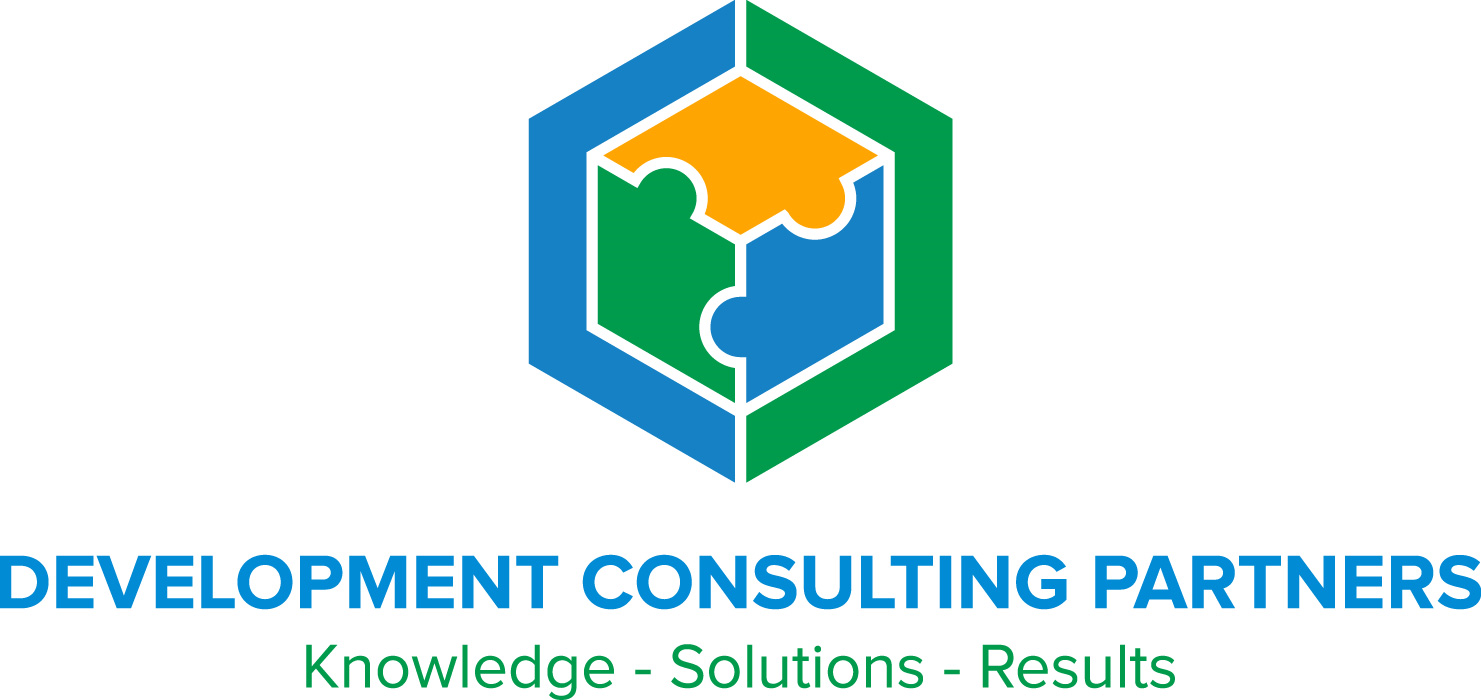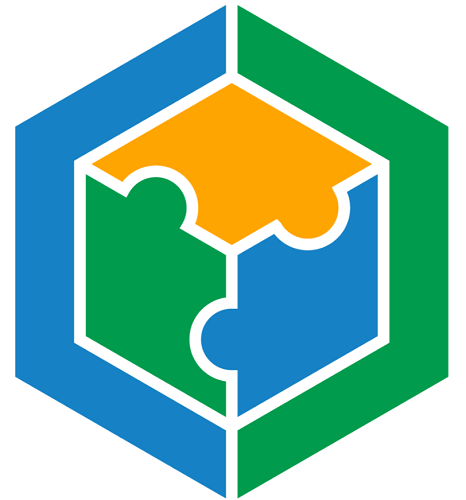Master Salesforce Data Relationships with Look Up Fields
Feature:
Lookup Field
Video Length:
00.55 sec
Editions:
All Editions
Date Published:
July 11, 2025
In this video tutorial, Salesforce expert Priyanka, demonstrates how to effectively use Lookup Fields to create meaningful connections between your Salesforce records. Watch as she walks through practical examples showing how these fields work on record pages and simplify data relationship management.
What Are Lookup Fields?
"In Salesforce, data is king. Being able to easily link and reference data across objects is essential. One way to do this is by using Lookup Fields, which allow you to create relationships between different records in Salesforce."
— Priyanka Pavul
Lookup Fields are a fundamental feature in Salesforce that create links between two records. Think of them as bridges connecting islands of information in your Salesforce instance. These connections give users a comprehensive view of related data without duplicating information across objects.
Available in all Salesforce editions, Lookup Fields serve as the foundation of relational data management within the platform. They're essential tools for Sales, Service, and Marketing teams who need to maintain data integrity while ensuring information is easily accessible.
How Lookup Fields Work
Lookup Fields establish a parent-child relationship between two objects. For example:
A Case record can be related to an Account record
An Opportunity can be related to a Contact
A custom Project object can be related to a Campaign
When you create this relationship, the related record displays information from its parent, allowing users to navigate seamlessly between related records with a simple click. This relationship is one-directional by default, but can be extended through related lists on the parent object.
Benefits of Using Look Up Fields
Implementing Lookup Fields in your Salesforce organization provides numerous advantages:
Eliminates Data Silos: Connect related information across different objects
Reduces Duplicate Data Entry: Enter information once and reference it anywhere
Improves User Experience: Make navigation between related records intuitive
Enhances Reporting Capabilities: Build reports that leverage related data
Maintains Data Integrity: Changes to parent records reflect across all related child records
Common Use Cases
Lookup Fields shine in various business scenarios:
Sales: Link Opportunities to Accounts and Contacts for a comprehensive view of customer interactions
Service: Connect Cases to Products and Orders, allowing agents to quickly access relevant information
Marketing: Relate Campaigns to Leads and Opportunities for better campaign management
Custom Applications: Build complex data models with interconnected custom objects
Best Practices for Lookup Fields
To maximize the effectiveness of your Lookup Fields:
Plan Your Data Model: Before creating relationships, map out how your objects should relate
Use Descriptive Field Labels: Make it clear what the relationship represents
Set Default Values When Appropriate: Pre-populate Lookup Fields when possible
Consider Record Access: Remember that Lookup relationships can affect sharing rules
Build Related Lists: Show related records on parent objects for bidirectional visibility
Create Validation Rules: Ensure required relationships are established
Next Steps
After viewing Priyanka's tutorial:
Identify Relationship Gaps: Review your current Salesforce Architecture to find objects that should be connected
Practice in a Sandbox: Experiment with Lookup Fields in a test environment first
Document Your Relationships: Create a diagram showing how your objects interrelate
Train Your Team: Ensure users understand how to navigate and utilize these relationships
Explore Advanced Options: Look into Master-Detail relationships for more complex scenarios
About Priyanka
Priyanka is a seasoned Salesforce professional with an overall experience of 7.5 years in IT and 4X certified in Salesforce.
She is continuously enhancing her skills through Trailhead and various training programs.
Certifications: Salesforce Certified Platform Developer I, Salesforce Certified Associate, Salesforce Certified Platform App Builder, Salesforce Certified Administrator
Trailhead Profile: View Priyanka’s Badges, Certifications, and Community Contributions
Linkedin: Connect with Priyanka on Linkedin


